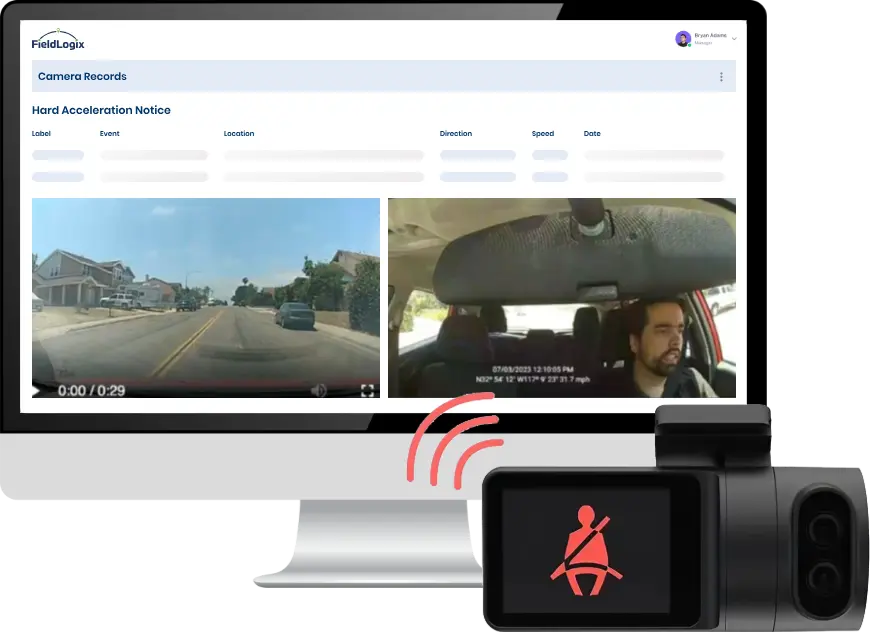Teletrac Fleet Tracking System Chosen by Isuzu Trucks
Teletrac, an industry leading fleet tracking system, recently announced that it has been selected by Isuzu Commercial Truck of America, Inc., distributor of America’s best-selling low-cab-forward trucks, for its 2011 and 2012 model year N-Series customers.
“Safety is no longer just a cost center and compliance issue,” said Teletrac executive vice president, Drew Hamilton. “For many fleets, it’s now a strategic business priority to help trim costs and boost efficiency. For this reason, Teletrac captures the industry’s widest range of safety-related vehicle and driver data, making this information more useful and actionable in real time — to help fleet managers increase bottom-line safety performance, and improve fleet operations overall, ” said Hamilton.
Teletrack’s fleet tracking system is called Fleet Director. Fleet Director locates, tracks and monitors the position and operation of fleet vehicles. This gives fleet management greater visibility into operations to deliver cost saving efficiencies such as lower fuel consumption, real-time tracking of vehicles from the desktop, automatic route guidance, and detailed reporting for advanced decision support and efficient regulatory compliance.








